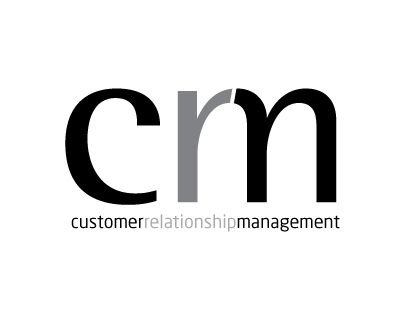In 2024, Artificial Intelligence (AI) is transforming Customer Relationship Management (CRM) systems, bringing unprecedented efficiency, insights, and capabilities to businesses. As we delve into the integration of AI in CRM, we uncover how these advancements are setting new standards in customer engagement, sales optimization, and data-driven decision-making.
AI-Driven Customer Insights
One of the most profound impacts of AI on CRM is its ability to provide deep customer insights. By analyzing vast amounts of data, AI can identify patterns and trends that humans might overlook. This data analysis capability allows businesses to understand their customers on a granular level, tailoring their strategies to meet specific needs and preferences.
Predictive Analytics and Customer Behavior
AI-powered predictive analytics is revolutionizing how businesses anticipate customer behavior. By leveraging machine learning algorithms, CRM systems can forecast future customer actions, such as purchasing trends, potential churn, and customer lifetime value. This foresight enables businesses to proactively address issues and opportunities, ensuring a personalized customer experience that drives loyalty and retention.
Enhanced Customer Engagement
AI enhances customer engagement by enabling automated and intelligent interactions. From chatbots to virtual assistants, AI-driven tools are available 24/7, providing instant support and information to customers. This not only improves response times but also ensures consistent and accurate communication.
Chatbots and Virtual Assistants
Chatbots and virtual assistants, powered by AI, are becoming integral parts of CRM systems. These tools can handle a wide range of tasks, from answering frequently asked questions to guiding customers through the buying process. By learning from each interaction, they become more effective over time, offering a more personalized and engaging customer experience.
Sales Optimization through AI
AI is transforming the sales process by offering tools that optimize sales strategies and operations. Through AI, CRM systems can analyze sales data to identify the most promising leads, recommend the next best actions, and even automate routine tasks, freeing up sales teams to focus on closing deals.
Lead Scoring and Prioritization
AI-driven lead scoring systems evaluate potential customers based on various criteria, such as engagement level, purchasing history, and interaction with marketing campaigns. This helps sales teams prioritize leads that are most likely to convert, ensuring a more efficient allocation of resources and higher conversion rates.
Sales Forecasting
Accurate sales forecasting is crucial for strategic planning. AI-enhanced CRM systems can analyze historical data and current market trends to provide precise sales forecasts. This allows businesses to make informed decisions, adjust their strategies, and set realistic sales targets.
Personalized Marketing Campaigns
AI enables the creation of highly personalized marketing campaigns by analyzing customer data and behavior. CRM systems can segment customers into precise categories, allowing businesses to tailor their marketing efforts to individual preferences and needs. This level of personalization increases engagement and conversion rates.
Dynamic Content Creation
AI tools can generate dynamic content that adapts to each customer’s behavior and preferences. Whether it’s personalized emails, targeted advertisements, or customized product recommendations, AI ensures that marketing messages resonate with the intended audience, driving higher engagement and sales.
Automated Workflow and Efficiency
AI automates routine tasks within CRM systems, significantly improving operational efficiency. By automating data entry, scheduling, and follow-up tasks, AI allows teams to focus on more strategic activities, enhancing overall productivity.
Intelligent Data Management
Managing customer data can be a daunting task, but AI simplifies this by automating data collection and organization. AI-driven CRM systems can clean and update databases in real-time, ensuring that the information is always accurate and up-to-date. This intelligent data management is crucial for maintaining high-quality customer interactions.
Improved Customer Support
AI is revolutionizing customer support by providing tools that enhance the quality and speed of service. From automated ticketing systems to AI-driven analytics, CRM systems are equipped to handle customer inquiries more efficiently.
Sentiment Analysis
AI-powered sentiment analysis tools can assess customer feedback and interactions to determine their emotional tone. This insight allows support teams to address issues more empathetically and effectively, improving customer satisfaction and loyalty.
Security and Privacy Enhancements
With the increasing amount of customer data being handled by CRM systems, security and privacy are paramount. AI offers advanced security features that protect sensitive information and ensure compliance with data protection regulations.
AI-Driven Security Protocols
AI can detect unusual patterns and potential security threats in real-time, providing an additional layer of protection for customer data. By continuously monitoring for anomalies, AI helps prevent data breaches and ensures that customer information remains secure.
The Future of AI in CRM
As AI technology continues to evolve, its integration with CRM systems will only deepen. Future advancements may include even more sophisticated predictive analytics, advanced automation capabilities, and enhanced personalization techniques. Businesses that leverage AI in their CRM strategies will be well-positioned to lead in their industries, offering unparalleled customer experiences and achieving significant competitive advantages.


